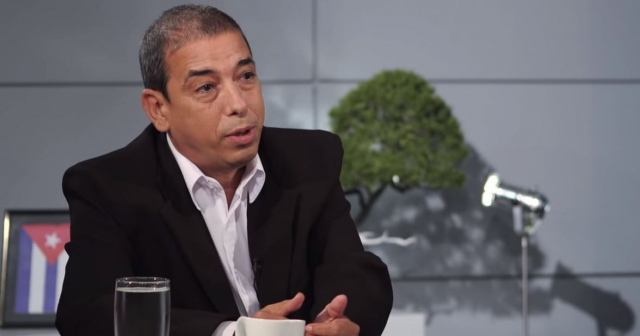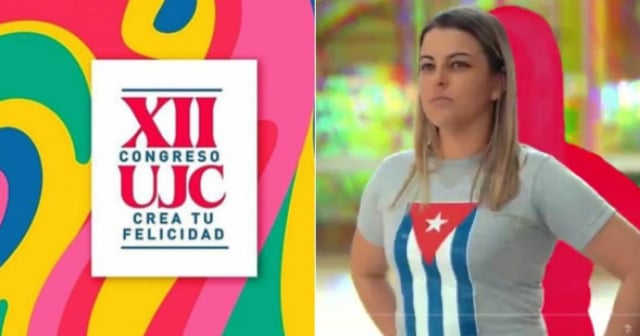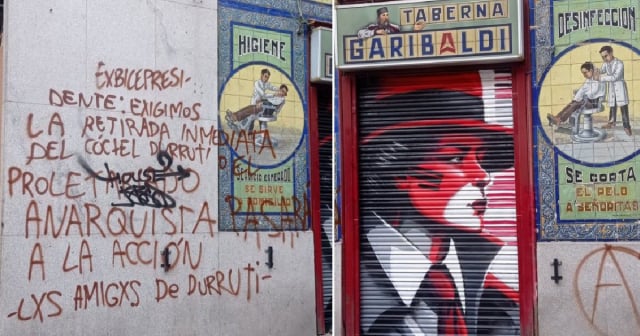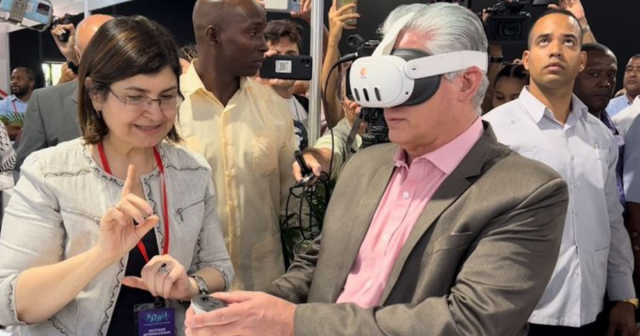The regime officially presented the Social Communication Law in Cuba, more than a year after it was approved by the National Assembly of People's Power (ANPP).
The new regulation was published this Wednesday in the regular edition of the Official Gazette of the Republic of Cuba, issue 48. The document has sparked a wave of criticism from the international community and independent media.
This regulation allows for the first time the use of commercial advertising on national radio and television, something that has been prohibited since 1959.
The Social Communication Law once again ignores and censors the independent press. With this legal instrument, the regime strengthens its control over information and the media in the country, and to achieve this, it will be accompanied by two regulatory decrees.
Despite its supposed intention to modernize the communication framework on the island, this law is perceived as an attempt by the government to maintain its monopoly over the media, strengthening its control from the Central Committee of the Communist Party of Cuba (PCC).
In addition, it introduces regulations on digital phenomena, identifies individuals with communicative influence, and imposes responsibilities on citizens for the content they generate, select, modify, interact with, and publish in cyberspace.
The presentation of the Law was before the official press.
Onelio Castillo, vice president of the Institute of Information and Social Communication (IICS), celebrated the publication of the law, in what he considered a groundbreaking day that culminates 40 years of debate.
"It is not a guild law, it is not a law built for the organs and entities of the State. It is a law that will be implemented for the whole society, so that the people can communicate better, so that the public administration can communicate better with the people, for more dialogue and more popular participation," said the official.
The Social Communication Law was approved in May 2023 after numerous drafts and a six-month delay due to lack of internal consensus. It will come into effect in 120 days. Castillo pointed out that no substantive changes have been made in the last year, only stylistic and wording corrections were made.
The Social Communication Law is a censorship tool.
This legal norm has been designed to silence dissenting voices and control the public narrative in Cuba.
One of its fundamental principles or axes is aimed at prohibiting the dissemination in traditional media and in cyberspace of information that could destabilize the "socialist State."
Only media outlets linked to the government, the Communist Party of Cuba, and mass organizations have legality in the country. This strict control of information goes against the principles of freedom of the press and expression, essential in a democratic society.
The Constitution in Cuba states that the media is of socialist ownership and cannot be of any other type. This provision, along with the new law, ensures that any independent media outlet that attempts to operate in the country will be automatically illegal.
The activists and independent journalists, who have been targeted by programs such as "Hacemos Cuba" and "Con Filo," see this law as another tool for the government to silence any form of criticism against the State.
The law also specifies that the content cannot be used to subvert the constitutional order or to support communicational aggressions against the government. The provisions are vague enough to justify the censorship of any content that the regime deems inappropriate.
Allowing commercial advertising and sponsorship in the media seems to be an opening, but it is conditioned by state approval, ensuring that the revenue does not come from sources that the government considers subversive.
Cuba's Social Communication Law, although presented as a modernization of the regulatory framework, is actually another tool of the regime to maintain its absolute control over information and to suppress any dissenting voice more forcefully and quickly.
What do you think?
CommentFiled under:






